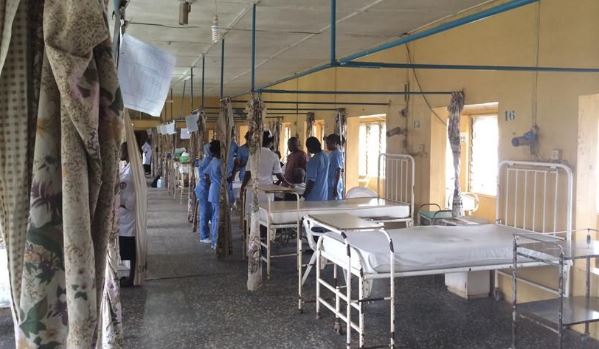Nigerian Businesses Face Growing Ransomware-as-a-Service Trade
Ransomware-as-a-service looks set to fuel an increase in cyberattacks in Nigeria in the coming year, even as operational disruptions and recovery efforts already cost billions of Nigerian naira, or millions of US dollars, in 2023.
The National Cyber Threat Forecast 2024 from the Cyber Security Experts of Nigeria (CSEAN), a nonprofit championing cybersecurity awareness in Nigeria, reports that ransomware groups and other malware variants — such as ALPHV, 0XXX Virus, DJVU, and the Cobalt Strike exploit toolkit — affected big swathes of both public- and private-sector organizations in the African country in 2023.
For example, one “notable regulatory agency” fell victim to the Mallox ransomware, “exploiting a Microsoft vulnerability in their public-facing digital systems,” the study noted, although there was no detail on which agency it was.
Ransomware-as-a-Service
Ransomware-as-a-service (RaaS) is a business model where ransomware developers sell or lease their variants to other cybercriminals, known as affiliates, who do the grunt work of planting malware by either exploiting software vulnerabilities or phishing.
RaaS allows would-be cybercriminals to launch sophisticated cyberattacks, according to the report. “Factors like the use of outdated or unpatched software and systems, reliance on cracked software, insufficient proactive monitoring, and unaddressed security vulnerabilities contributed to the success of these attacks,” CSEAN noted. “The accessibility of ransomware-as-a-service and the success of previous campaigns suggest a persistent and growing threat.”
Potential mitigations in the face of an increased threat of ransomware attacks include prompt patching, avoiding unauthorized software and rolling out stronger monitoring practices through intrusion detection systems.
“Adopting these proactive cybersecurity measures is essential to lessen the anticipated impact of the expected surge in ransomware attacks,” according to CSEAN.
CSEAN is not the first cybersecurity organization to report that Nigeria has become a hub of ransomware attacks. During the first half of 2023, Nigeria saw a 7% increase in ransomware attack attempts on individual and corporate users compared with the…




